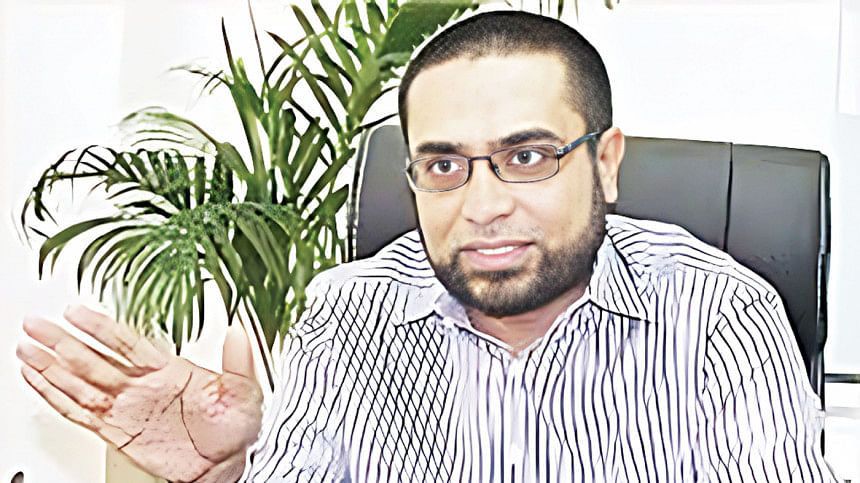‘EV industry to draw millions of dollars’

Bangladesh has the potential to become a hub for manufacturing electric vehicles (EV) as industries for the production of components such as batteries and tyres have already been established while the growing population assures market viability.
"EV needs less components than fossil fuel vehicles while it is easy to set up manufacturing and assembling plants," said Munawar Misbah Moin, president of the Accumulators Battery Manufacturers and Exporters Association of Bangladesh.
Only Tk 300 crore to Tk 500 crore is needed to establish an EV assembling and manufacturing plant while the backward linkage industries are growing rapidly, including the light engineering sector which supplies components, he said.
There is immense potential based on a study the association conducted on locally assembled battery-run three-wheelers in Bangladesh, he said during a conversation with The Daily Star last week.
The EV industry will enable environment protection through the use of green energy, create jobs and revolutionise the mass transportation system, said Moin.
There are around 20 lakh battery-run three-wheelers around the country enabling moving short distance in rural and semi-urban areas at low cost and larger EV will do the same for inter-district commuting, he said.
Like refuelling stations, charging stations will need to be set up around the country, enabling the creation of new businesses and employment, he said.
Local automobile company Bangladesh Auto Industries Limited (BAIL) is currently setting up an EV manufacturing plant at Bangabandhu Sheikh Mujib Shilpa Nagar in Chattogram, aiming to release products by this year.
The BAIL will initially manufacture two-wheelers, three-wheelers, sedans, hatchbacks and sport utility vehicles and has plans to produce pickup and mini trucks and multipurpose vehicles.
The plant will manufacture almost 60 per cent of the vehicle components, including the lithium battery, motor, controller, software platform, chassis and body.
Besides, Walton Digi-Tech Industries Ltd, a concern of Walton Group, last December launched Bangladesh's maiden locally manufactured electric motorcycle, jumping on the bandwagon of a global shift towards eco-friendly transportation.
Moin believes other companies will also start investing in manufacturing EV and the figure will reach millions of dollars within the next decade, although it might seem unimaginable now.
Meanwhile the government is working towards creating a legal framework for registering and operating EV, with the Ministry of Road Transport and Bridges having already prepared a guideline.
The draft "Electric Motor Vehicle Registration and Movement Guideline 2021" emphasises ensuring safety standards and an adequate economic lifetime for EV.
Investments will start coming in once the EV registration guideline was ready, said Moin.

 For all latest news, follow The Daily Star's Google News channel.
For all latest news, follow The Daily Star's Google News channel. 



Comments